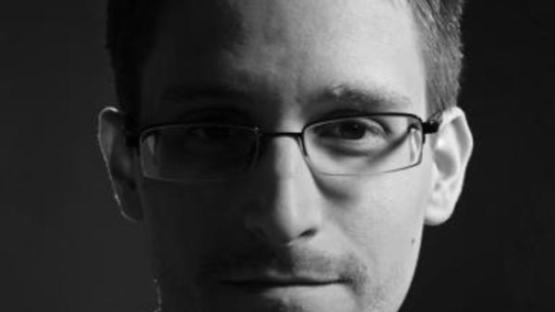Press statement: Privacy International thanks Edward Snowden for his courageous actions five years ago today

On the five year anniversary of NSA whistleblower Edward Snowden leaking a massive trove of classified information that has since transformed our understanding of government mass surveillance, Dr Gus Hosein, Executive Director of Privacy International said:
“Is it enough for your government to tell you ‘we’re keeping you safe, but we’re not going to tell you how’? Edward Snowden asked himself this profoundly important question five years ago. We’re thankful he did.
His decision to expose the mass surveillance practices of US and its international intelligence allies has been transformative. Despite the ferocious repudiation of his actions by the US and UK governments, his courageous actions were ultimately good for the intelligence agencies themselves, governments, and most importantly the global public. Until Snowden, the idea that Western governments would routinely collect, store and analyse our personal data sounded like a conspiracy theory to many people. Because surely, mass surveillance isn’t something good, benevolent Western democracies would ever undertake? Snowden blew that idea wide open.
His revelations brought long overdue attention to some of the most important and sensitive powers any government can have. As well as igniting a much-needed debate about the extent to which people should be spied on, they highlighted a regulatory regime completely unfit for purpose — many of the powers he highlighted, including the mass collection of US phone records and the sharing of intelligence between governments have been subsequently found in courts to have been unlawful.
The documents revealed for the first time that the UK signals intelligence agency, GCHQ, was running highly intrusive programmes. For instance, the ‘Optic Nerve’ programme collected webcam images from 1.8 million Yahoo users globally in just one six-month period. Neither the British public nor Parliament has ever given any government agency consent to literally secretly photograph us in our homes. But they were doing it anyway.
Snowden’s revelations inspired Privacy International’s legal challenges against the UK government, which forced GCHQ spies to admit they were hacking internet connected devices and networks on a massive scale for the first time. While hacking powers now at least have some kind of regulation, the protections for the public remain woefully inadequate. Nonetheless, the inclusion of hacking powers within an explicit statutory framework is preferable to the government continuing to exercise these highly intrusive capabilities in secret, which would still be the case if it wasn’t for Snowden.
We now know details about how the NSA is sponsoring and empowering other intelligence agencies around the world, including in Ethiopia where it provides surveillance technology and training, and to Israel, to which it provides raw intelligence.
Snowden’s documents contained information that should never have been kept from the public or politicians in the first place. They led to new laws and entire new legal frameworks governing surveillance powers. They emboldened industry to prioritise the security and safety of their customers by offering more secure encryption, rather than simply giving in to government demands.
But most importantly Snowden’s actions have allowed the public to better understand the powers secret government agencies have been wielding, and just how dangerous these powers are.
As Edward Snowden still resides in Russia, unable to return to his family and home, Privacy International would like to thank him for his sacrifices, and all the individuals who have worked to tell his story.”